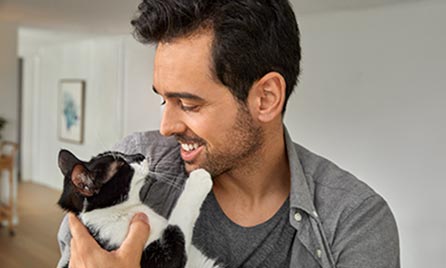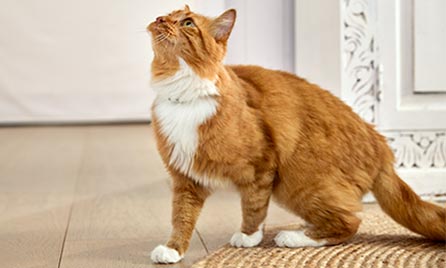-
 Promotions
Promotions - Car Insurance
Main menuProduct InformationQuotesResources for existing members
- Useful documents
- Login to My Insurance Portal
- About My Insurance Portal
- Make a claim
- Make a complaint
- Make a CTP claim
Car Information Hub - Home Insurance
Main menuProduct InformationQuotesResources for existing members
- Landlords Insurance
Main menuProduct InformationQuotesResources for existing members
- Useful documents
- Make a claim
- Make a complaint
My Insurance Portal - Pet Insurance
Main menuProduct InformationQuotesResources for existing membersPet Information Hub
- Roadside Assist
Main menuProduct InformationResources for existing members
- Travel Insurance
Main menuProduct InformationQuotesResources for existing members
- Other Products
Main menuProduct Information
Explore our other services
-
 Promotions
Promotions - Car Insurance
Product InformationQuotesResources for existing members
- Useful documents
- Login to My Insurance Portal
- About My Insurance Portal
- Make a claim
- Make a complaint
- Make a CTP claim
Car Information Hub - Home Insurance
Product InformationQuotesResources for existing membersHome Information Hub
- Landlords Insurance
Product InformationQuotesResources for existing members
- Useful documents
- Make a claim
- Make a complaint
My Insurance Portal - Pet Insurance
Product InformationQuotesResources for existing membersPet Information Hub
- Roadside Assist
Product InformationResources for existing members
- Travel Insurance
Product InformationQuotesResources for existing members
- Other Products
Product Information







